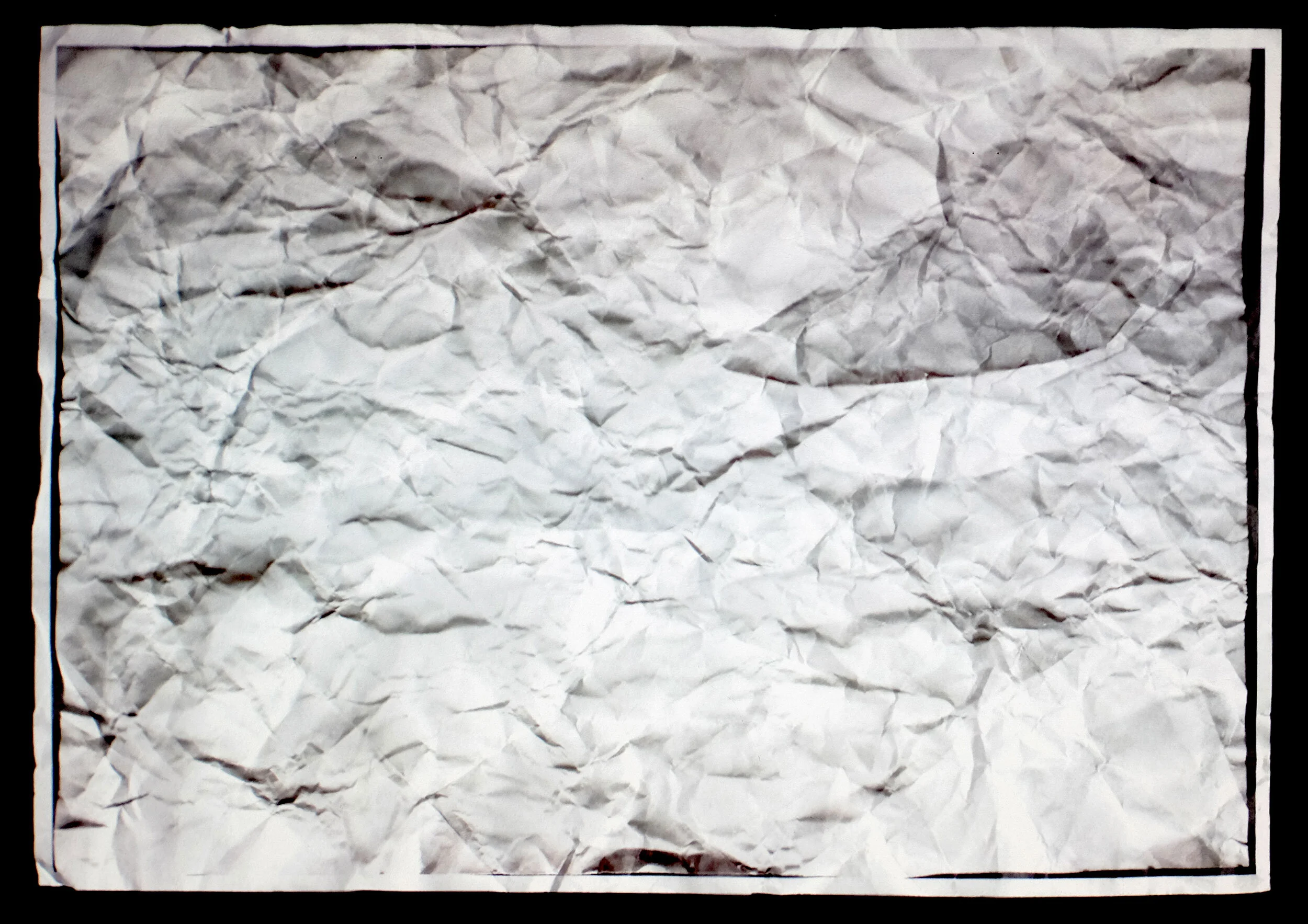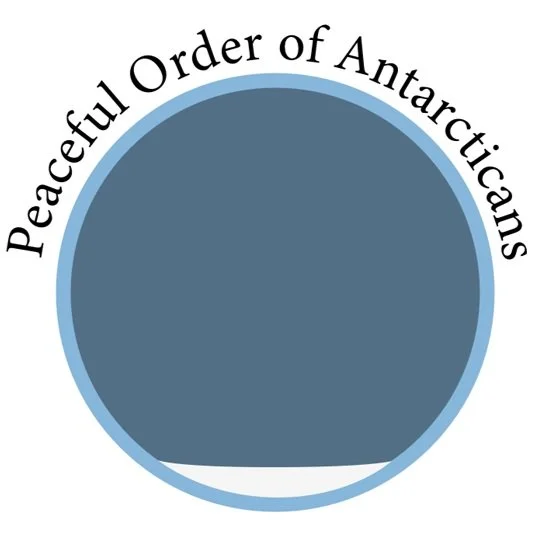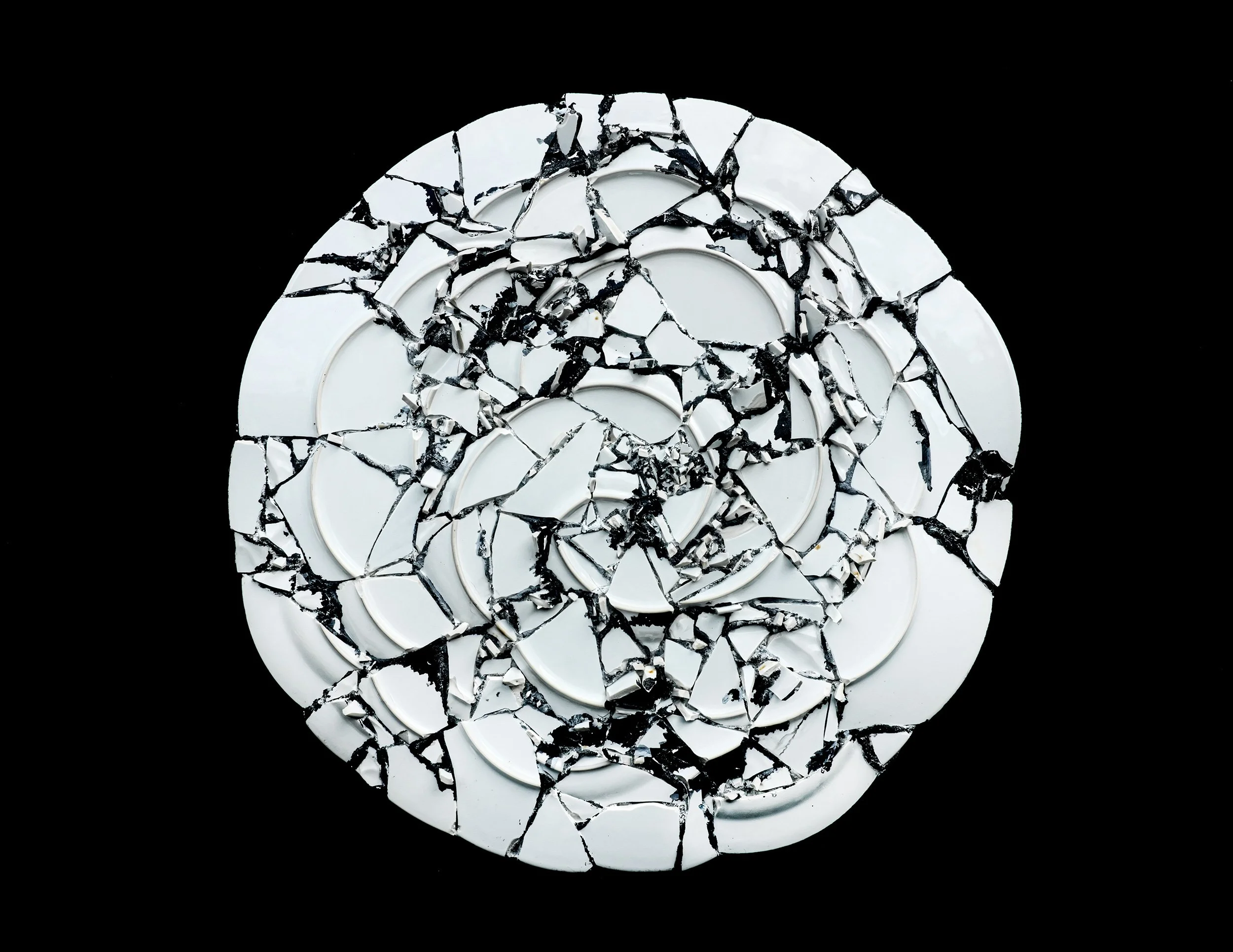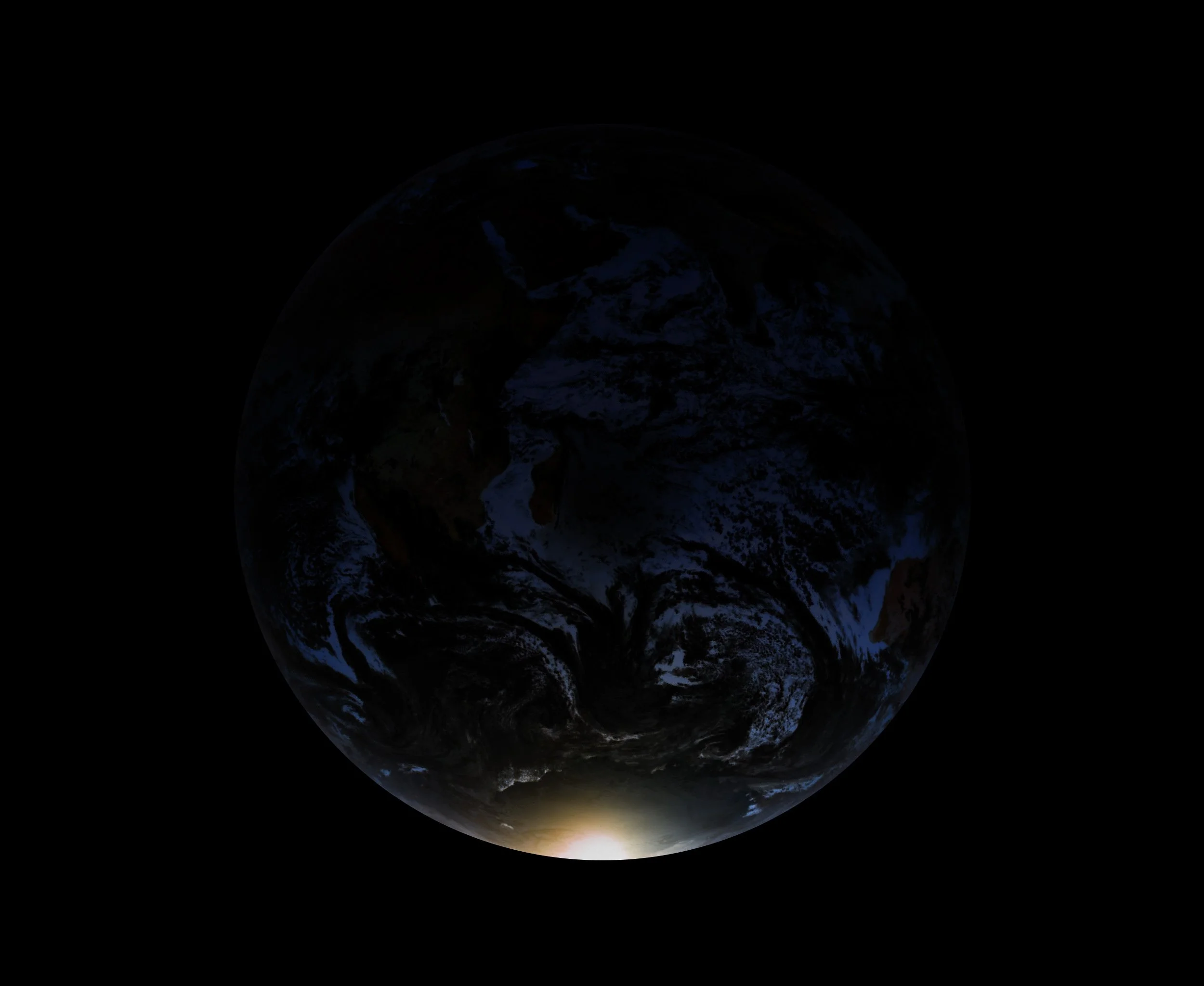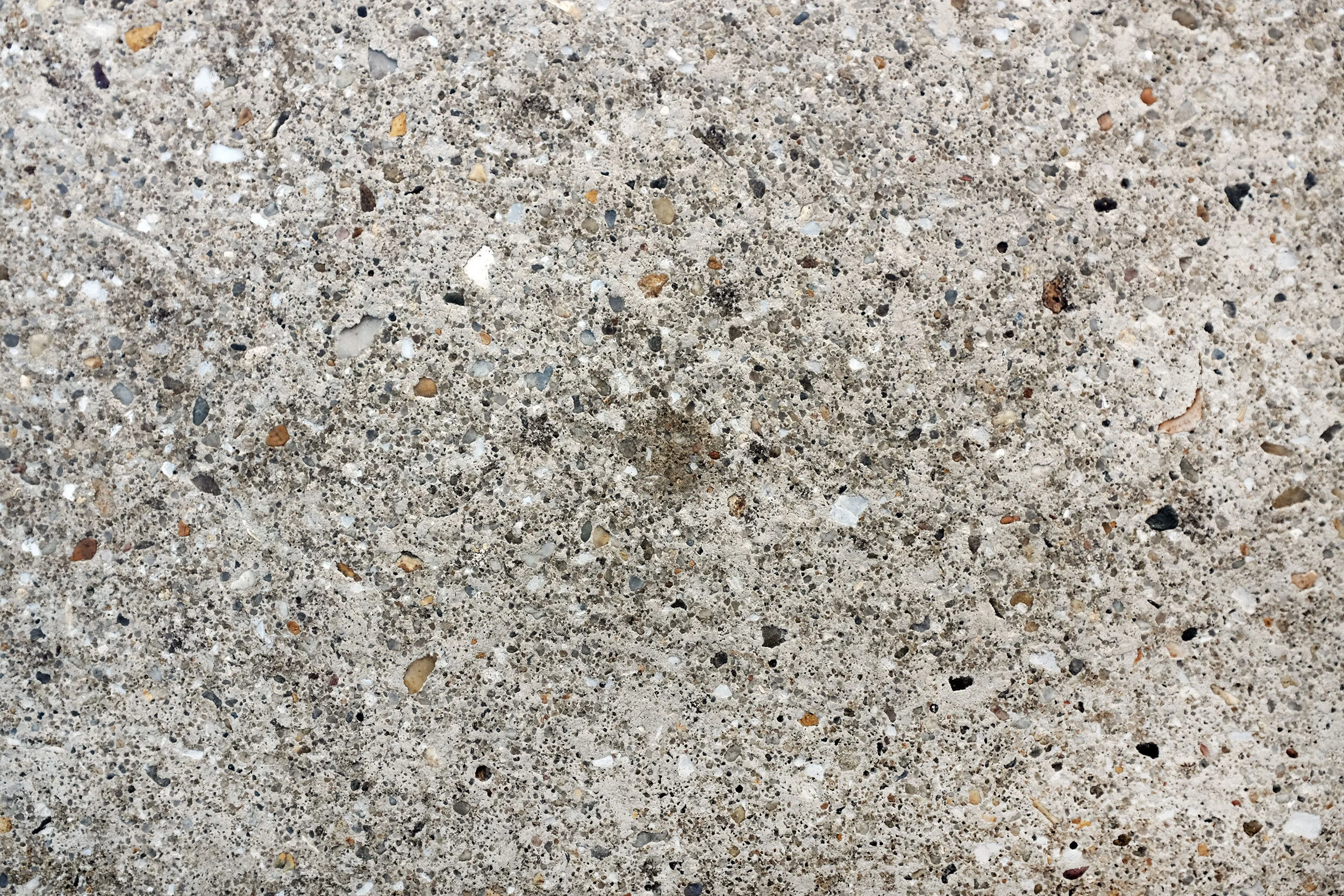Blank
Blank. Arial photograph of Antarctica, crumpled, photographed, printed, scanned, projected. 2021.
For most northeners Antarctica is a blank page, removed by layers of projection, mediation and received narrative. Like the map in Barbet Schroeder’s La Vallée, it is literally and figuratively distant and unknowable, obscured by clouds, blizzards and the limits of our imaginations. This intangible white-out might offer us a lesson, one which might resonate with the world’s meditators: to perceive the map of our our imagination as blank can be in itself an objective. If this were true, if blankness, nothingness, emptiness can be an end point, does it not call into question our ceaseless northern tinkering, our drive to fill the pages of our lives, regardless of content?
If there was a honest map of Antarctica, it is one that has not yet been made; uncolonised by the artifical grid of theodolites and trig points. It is a map that willfully resists the superimposition of the human frame; an anti-map that serves as a reminder that there are some places where humans may not tread, or mark, or exploit. It is indeed a blessing that for the majority of us, Antarctica remains utterly hostile, remote and mortally dangerous and so forces us to perceive it through the distortions of media and layers of interpretation. The map is of course, one of our foremost methods for simulating a landscape, so in lieu of a presentation of the real thing, the map-simulacrum above, itself removed further and further from reality by successive mediation, a photocopy of a photocopy, is presented here for your contemplation.
It does not, cannot, satisfy our need for maps to let us know either where we are, or where we’re going (at least, not in the conventional sense), not least because statistically, none of us will ever go to Antarctica. All that exists for us and I suggest, all that should be the focus of our attention, is the blankness itself; Antarctica’s absence, our inability to be there, our layers of removal from it despite its comparative proximity (it’s much closer to us than the Moon, another subject that generally depends on our imaginations for its existence).
I like to think about how we share the planet with such giant spaces that we generally cannot go to or live in or exploit, let alone survive. The exercise here, I think, is to learn acceptance of this fact.
